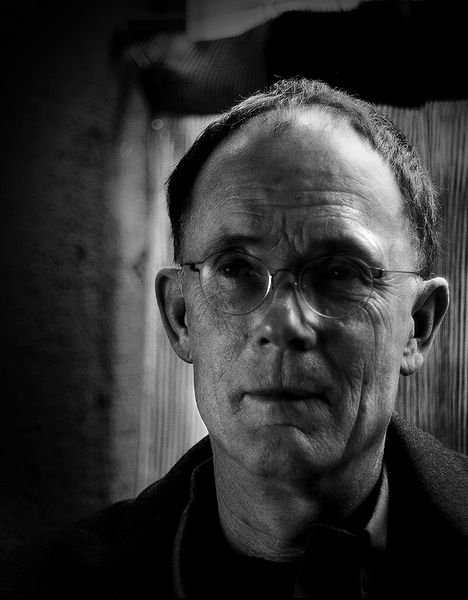Last updated on July 28, 2013

Q: What’s wrong with cyberpunk?
A: A snappy label and a manifesto would have been two of the very last things on my own career want list. That label enabled mainstream science fiction to safely assimilate our dissident influence, such as it was. Cyberpunk could then be embraced and given prizes and patted on the head, and genre science fiction could continue unchanged.
Q: What was that dissident influence? What were you trying to do?
A: I didn’t have a manifesto. I had some discontent. It seemed to me that midcentury mainstream American science fiction had often been triumphalist and militaristic, a sort of folk propaganda for American exceptionalism. I was tired of America-as-the-future, the world as a white monoculture, the protagonist as a good guy from the middle class or above. I wanted there to be more elbow room. I wanted to make room for antiheroes.
I also wanted science fiction to be more naturalistic. There had been a poverty of description in much of it. The technology depicted was so slick and clean that it was practically invisible. What would any given SF favorite look like if we could crank up the resolution? As it was then, much of it was like video games before the invention of fractal dirt. I wanted to see dirt in the corners.
From a fascinating Paris Review interview with William Gibson, author of the hugely influential and award-winning 1985 novel Neuromancer, and the man who coined the term “cyberspace.”
Here is an excellent study guide for Neuromancer. Gibson’s Twitter feed is also one of the most interesting out there.